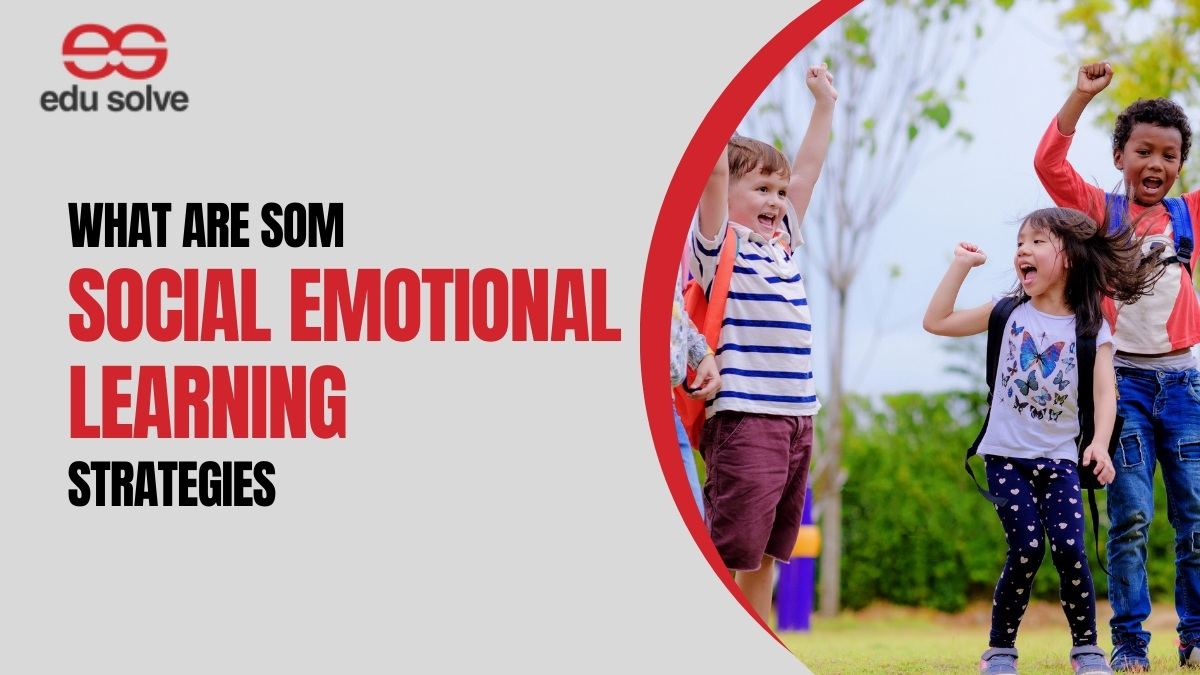
Social-emotional learning (SEL) is a process through which individuals acquire and apply the knowledge, skills, and attitudes necessary to understand and manage emotions, set and achieve goals, show empathy for others, establish and maintain positive relationships, and make responsible decisions. Social-emotional learning is essential, and we cannot overstate its value. It helps individuals develop the skills needed for success.
In this blog, we will explore some of the most effective social-emotional learning strategies for various settings, including schools, homes, and workplaces.
Contents
1. Mindfulness Meditation
Mindfulness meditation is a technique for focusing on the present moment without judgment. It has been shown to reduce stress and anxiety, improve attention and memory, and increase feelings of well-being. Incorporating mindfulness meditation into daily routines, such as during morning meetings or before bed, can be an effective way to promote social-emotional learning.
2. Emotional Regulation
Emotional regulation is the ability to recognize and manage one’s emotions effectively. It involves identifying feelings, understanding their causes, and developing appropriate coping mechanisms. Teaching children and adults how to regulate emotions can help them handle conflicts, manage stress, and improve their well-being.
3. Active Listening
Active listening is a communication skill that involves paying close attention to what others are saying and responding appropriately. It helps individuals build positive relationships, enhance empathy, and develop practical problem-solving skills. Encouraging active listening in schools and workplaces can foster a culture of respect and collaboration.
4. Positive Reinforcement
Positive reinforcement involves providing rewards or praise for desired behaviors. This technique can encourage individuals to develop positive habits and attitudes. By reinforcing positive behaviors, individuals are more likely to repeat them, leading to improved social-emotional skills and overall well-being.
5. Conflict Resolution
Conflict resolution involves the ability to identify, address, and resolve conflicts constructively. It involves active listening, empathy, and problem-solving skills. Teaching conflict resolution skills can help individuals manage conflicts effectively, build positive relationships, and create a more peaceful environment.
6. Gratitude Practice
Gratitude practice involves intentionally focusing on the positive aspects of life and expressing gratitude for them. Research has shown that it improves mental health, reduces stress and anxiety, and enhances overall well-being. Incorporating gratitude practice into daily routines, such as keeping a gratitude journal, can be an effective way to promote social-emotional learning.
7. Self-Awareness
Self-awareness is recognizing and understanding one’s emotions, strengths, weaknesses, and values. It is a crucial skill that helps individuals better understand themselves and their interactions with others. Encouraging self-reflection and self-assessment can help individuals improve their self-awareness, which can enhance their overall social-emotional skills.
8. Empathy
Empathy is the ability to understand and share the feelings of others. It involves putting oneself in another’s shoes and seeing the world from their perspective. Empathy can help individuals build positive relationships, resolve conflicts effectively, and enhance their social-emotional skills.
9. Goal-Setting
Goal-setting involves identifying specific, measurable, achievable, relevant, and time-bound (SMART) goals and developing a plan to achieve them. It helps individuals develop a sense of purpose, motivation, and direction. Teaching goal-setting skills can help individuals develop the critical skills needed to succeed, such as perseverance, resilience, and problem-solving.
10. Positive Self-Talk
Positive self-talk involves using positive affirmations and messages to motivate and encourage oneself. It can help individuals develop a positive mindset, build self-confidence, and enhance their well-being. Encouraging positive self-talk in schools and workplaces can create a culture of positivity and motivation.
11. Connection to Nature
Connection to nature involves spending time in natural environments, such as hiking, camping, or gardening. Studies have demonstrated that practicing mindfulness can positively impact mental health, reduce stress and anxiety, and promote overall well-being. Incorporating a connection to nature into daily routines can be an effective way to promote social-emotional learning.
12. Cultural Competence
Cultural competence involves recognizing, respecting, and appreciating cultural differences and similarities. It is a crucial skill that helps individuals build positive relationships, enhance empathy, and improve communication. Teaching cultural competence in schools and workplaces can help create a more inclusive and diverse environment.
Incorporating these social-emotional learning strategies into daily routines can help individuals develop the critical skills to succeed. Promoting social-emotional learning can create a more positive, collaborative, and peaceful world.
In conclusion, social-emotional learning is essential to personal and professional development. By employing effective social-emotional learning strategies, individuals can develop the critical skills needed to succeed. Incorporating these strategies into daily routines can help create a culture of respect, collaboration, and well-being, whether in schools, homes, or workplaces.
Explore some effective SEL strategies to help you develop stronger relationships, better manage your emotions, and improve your communication skills.
Ready to learn more about SEL?
Transform your educational landscape with EDU-SOLVE‘s dynamic services. Embrace culturally affirming community engagement, empower leaders through executive training, and harness the power of federal programs and resource development. Elevate your institution with our expertise in Multi-Tiered System of Supports (MTSS), Social Emotional Learning, Systems Building, and Strategic Planning. Join us in shaping a brighter educational future. Take action today for impactful and inclusive solutions . Let’s build a thriving educational community together!
Also Read:


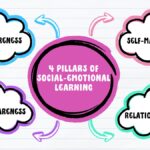
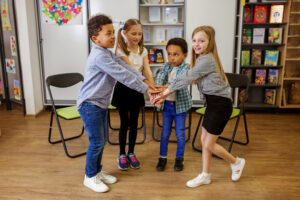
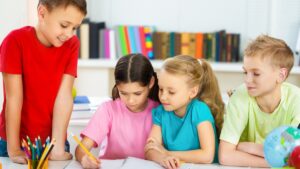
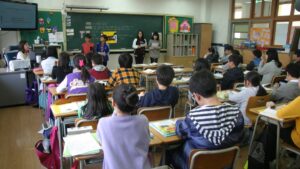
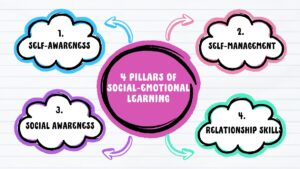
No comment yet, add your voice below!